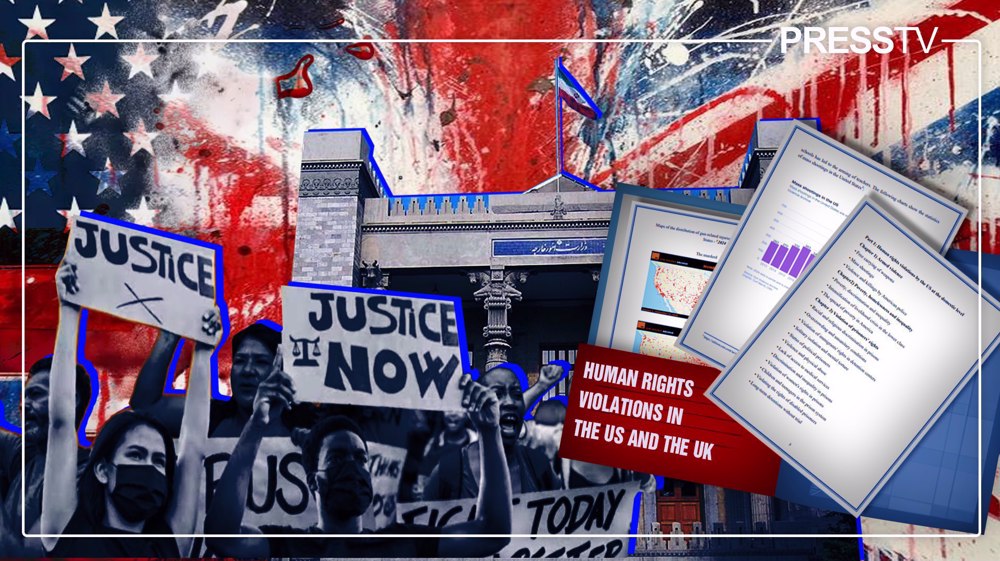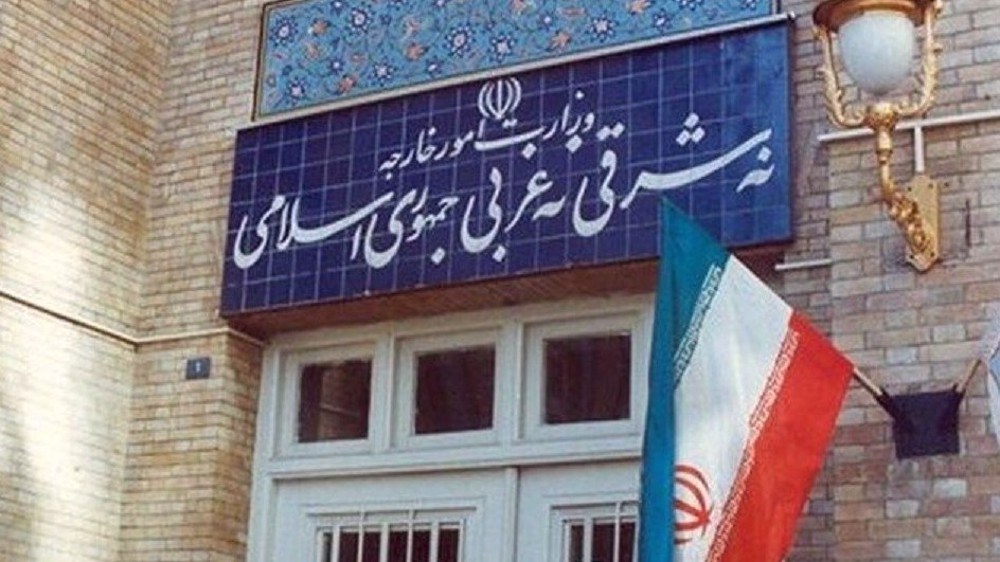Some 3,000 Vietnamese children enslaved by gangs in UK: Report
Some 3,000 Vietnamese children are enslaved by criminal gangs in the UK to work in brutal conditions in the European country, a report says.
“By our calculations there are around 3,000 Vietnamese children in the UK who are being used for profit by criminal gangs,” said Philip Ishola, the former head of the UK’s Counter Human Trafficking Bureau, the Guardian reported on Saturday.
Many of the trafficked children end up working on cannabis farms in the UK, while some are forced to work in nail bars, garment factories, brothels, and private homes.
“The police and the authorities are now aware that trafficked children are being forced to work in cannabis farms but this is really only the tip of the iceberg,” Ishola added.
According to the United Nations Office on Drugs and Crime, some 30 Vietnamese children are smuggled into the UK per month.
“Children are an increasingly valuable assets to criminal gangs because they are easy to get hold of, easily intimidated, and exploited, and easy to keep isolated and unaware of what is really happening around them,” Ishola noted.
The report referred to a boy called Hien as one of the many kids enslaved in the UK. At the age of 5, he was smuggled to reside in a house in London, where he was beaten and exploited by a group of men.
After his “uncle” abandoned him, Hien became homeless and slept in parks before being picked up by a Vietnamese couple, who later forced him to work in cannabis farms.
“I was never paid any money for working there,” he said. “I did not stay there for money but because I was afraid and I hoped the whole thing would end soon.”
Hien was arrested by the police and sent to young offenders’ institution in Scotland on charges of cannabis cultivation. The boy was released after 10 months when he was identified as a victim of trafficking.
Smugglers use increasingly sophisticated methods, including the use of social media, to lure Vietnamese children.
“Vietnamese children are brought to the UK, taken in by Vietnamese adults and put to domestic work,” said Swat Pandi, from the UK’s National Society for the Prevention of Cruelty to Children (NSPCC).
“The child feels indebted to the adults for food and shelter and is told they need to return the favor by looking after cannabis plants. These children suffer high levels of neglect, emotional abuse and… are highly vulnerable to physical and sexual abuse,” Pandi added.
Traffickers have also expanded their working arena to Scotland and Northern Ireland, according to Daniel Silverstone, a criminologist at London Metropolitan University.
“A few years ago it was almost exclusively cannabis farms, but their business interests have now become much more diverse. So we’re seeing an expansion into Scotland and Northern Ireland, the use of nail bars for forced labor and money laundering, and moves into drugs like crystal meth,” said Silverstone.
To add insult to injury, a 2013 report by the Centre for Social Justice indicated that 60 percent of trafficked children who are taken out of trafficking and come under the care of a local authority go missing, nearly a third of them within a week of arrival.
Despite the UK government’s promise to end modern slavery, and the ratification of first Modern Slavery Bill in March, Lynne Chitty, a charity director, said there has been no change in the number of Vietnamese children coming under her charity’s services.
“It’s very much business as usual,” she stated, adding, “We still have a problem with immediate safeguarding and appropriate placements for trafficked children.”
MSM/NT/AS
‘Abhorrent’: Oxfam says only 12 trucks delivered aid in North Gaza since Oct.
VIDEO | Leader receives religious eulogists on Hazrat Fatima birth anniv.
Pope Francis slams Israel’s ‘machine-gunning’ of Gaza children
US hostage-taking of Iranian nationals violation of intl. law: Deputy FM
VIDEO | Carol Singers for Palestine on London’s Parliament Square
Ansarullah says ‘Israeli terrorists’ incapable of confronting Yemen, warns of secret weapons
VIDEO | Yemenis praise the military for its successful operations against Israel
VIDEO | Israel continues to bomb Gaza homes










 This makes it easy to access the Press TV website
This makes it easy to access the Press TV website